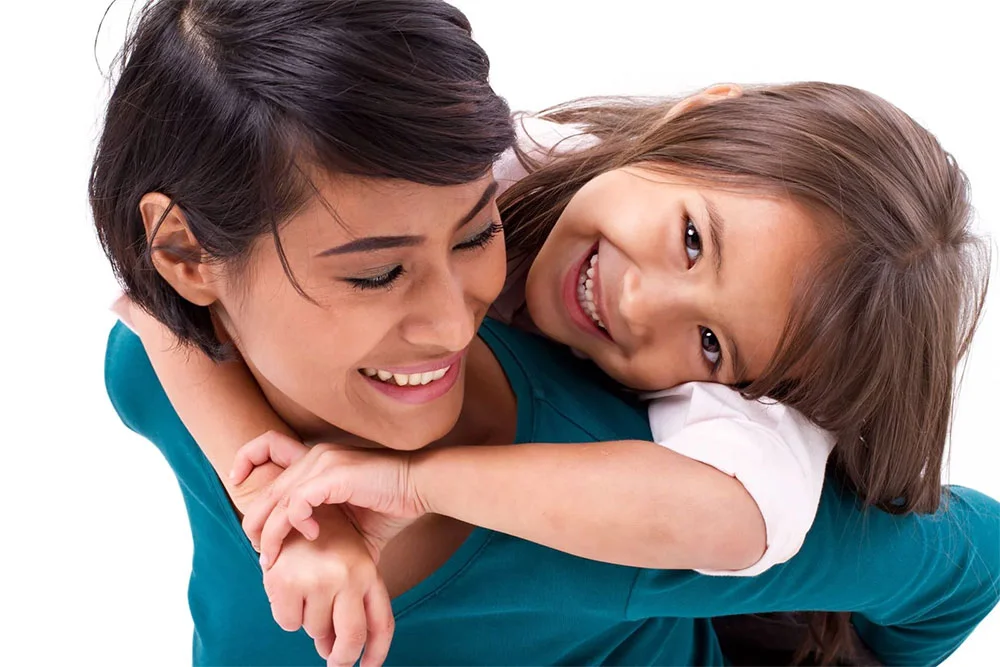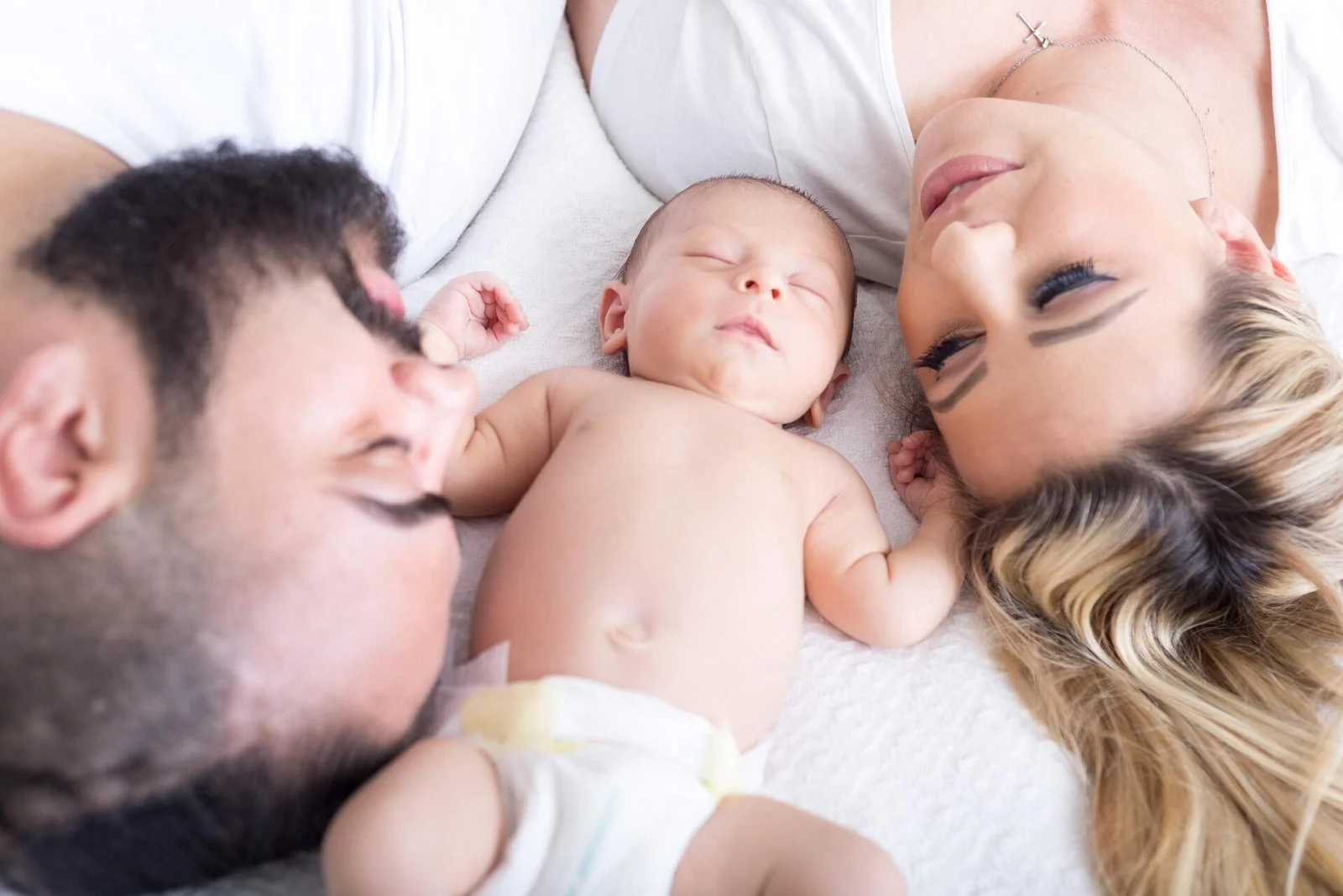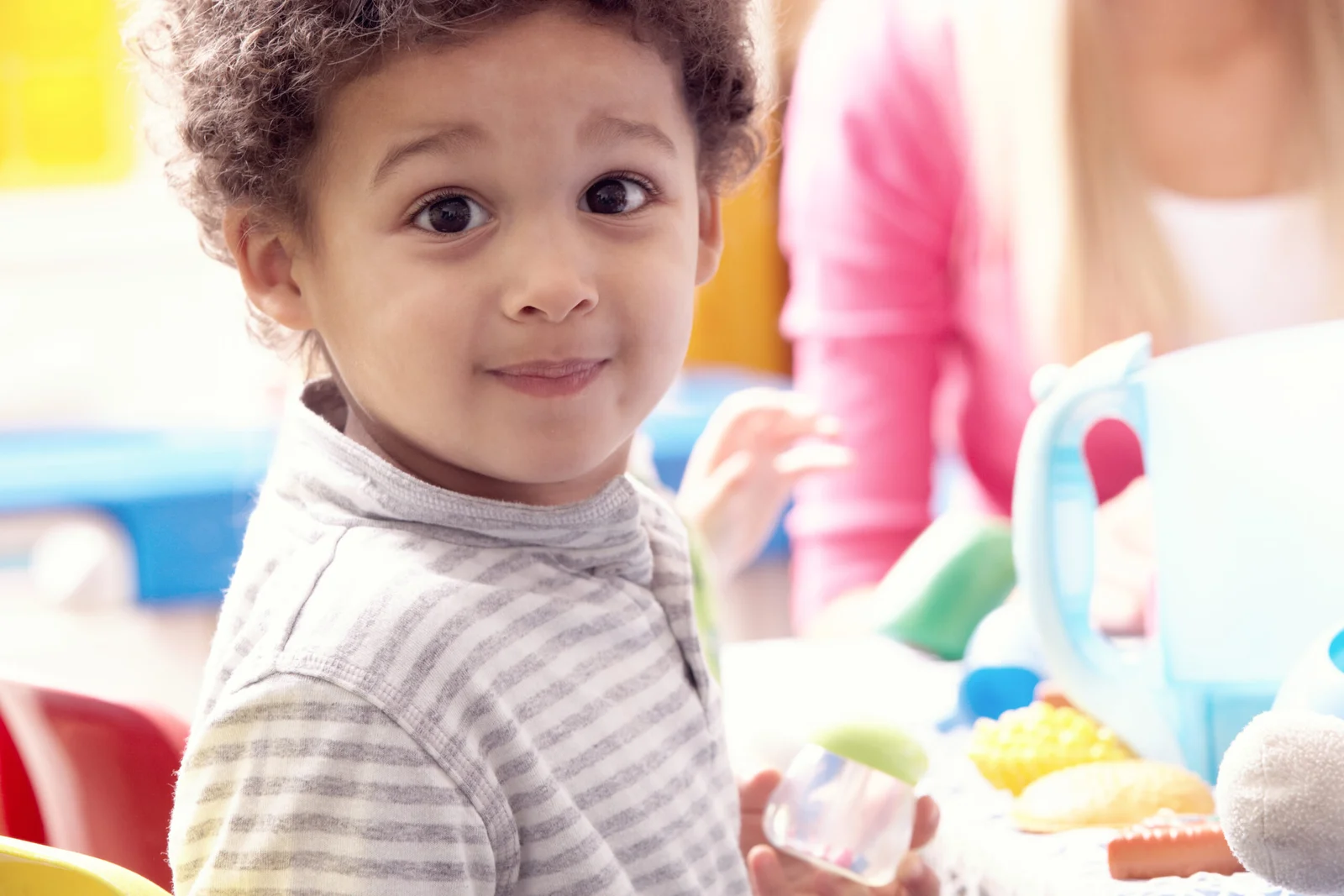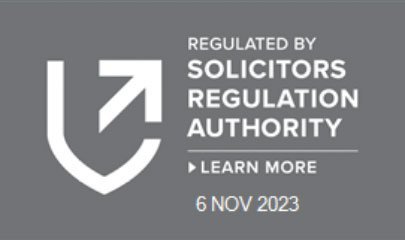Schooling choices and decisions carry with them a sense of huge responsibility and researching the options available is essential. It may no longer be a question of choosing the school closest to you, as it frequently used to be. Understandably, there are many factors to consider when making this decision, and if you are separated from your child’s other parent, you and they may not see eye to eye on many things, including where your child should go to school.
What should we be doing now?
Whether you and your co-parent are on good terms or not, it is imperative that the choice of school is one that benefits your child. If you have differing opinions on where to apply, this may create an issue when the time comes to submitting your child’s school application.
It helps to know as much as possible about the schools that are on offer for your child. We recommend that you look at all the information on the websites and consider the school prospectus for all the schools that are a possibility.
Many schools are now holding or advertising their open days and evenings for the next academic year and what better way to get a feel for a setting than visiting it with your child. Open days allow you the chance to see a school functioning at its best, or worst, and provides an informative way of assessing whether a particular school can offer your child the best all round education. You will get the chance to speak to the leadership team on open days and evenings which will also help to inform your final decision on a school.
What should we look for in a school?
When looking at schools there are many factors to consider, including:
- Are you in the catchment area for the schools that you have identified?
- What is the admission criteria?
- Is there an entrance exam?
- If you are contemplating a private school, how will the fees be met? Is this affordable and desirable?
- How will your child get to and from school?
- If using public transport, how much will this cost?
- Will before and after school care be required?
- If your child has additional needs, what schools offer the support required?
- What reports are available on school performance (Ofsted, for example)?
- What provision is offered for your child’s interests – music, sport, drama etc?
- Are you looking for a religious establishment? Are there any additional criteria to fulfil or forms to complete in support of such an application?
Answering these questions will help you and your co-parent to identify the school, or a shortlist of schools, that you think will be best for your child.
What if we cannot agree on where our child should be educated?
You may want to consider family mediation to try to resolve the issue. If there is still no agreement then, as a last resort, it is possible for one of you to apply to the court for a Specific Issue Order under the Children Act 1989, to determine the point. You could also consider Arbitration as an alternative means of resolving a dispute. You can read more about the alternatives to court here.
Specific Issue Orders enable the court to determine a specific issue that has arisen in relation to an aspect of parental responsibility. Generally speaking, parents will both have parental responsibility for their child and as such all important decisions should be made jointly.
The first concern of the court is the child’s welfare. The court will have to consider what is in your child’s best interests in relation to schooling, taking into account a specific list of criteria including the child’s physical, emotional and educational needs as well as the capability of the parents (or any other person the court finds relevant) at meeting the child’s needs. Your child’s views may also be taken into consideration, depending on their age and understanding.
If you are encountering difficulties in relation to the choice of school, you might like to speak to a solicitor to discuss your options for finding a resolution. It can take some time for applications to be brought before the court and as time is usually of the essence when school applications are to be made, it is important to act quickly if you require assistance.
Legal Advice
If you would like to speak confidentially to our team of children lawyers, you can call 020 7993 2936 to schedule a no-obligation consultation or make a Contact Request here.
Please note, this guide has been prepared from the professional and personal experience of solicitors who are also parents and school governors. It is not intended to be a definitive guide to choosing a school.































































